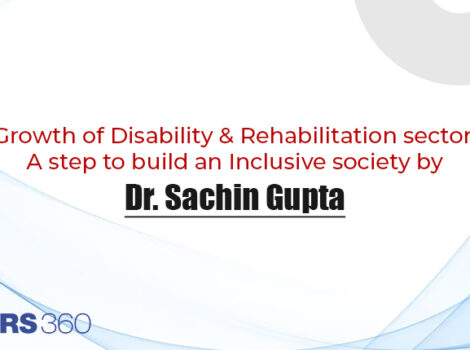The Impact of Sanskriti’s Placement Program on Career Success
In the competitive job market of recent times, university graduates have to face the difficult task of securing meaningful employment that matches their skills and aspirations. Recognizing this challenge, Sanskriti University has developed a placement program designed to fill out the gap between academic achievement and professional success. This article explores the impact of Sanskriti’s placement initiatives on the career trajectories of its students and recent graduates.
At the crux of Sanskriti’s commitment to student success lies its Training and Placement (T&P) Cell. This unit operates with a clear mission: to ensure that the maximum number of students secure campus placements and that deserving candidates find a solid foundation for their careers. The T&P Cell sets an ambitious goal of 100% placement for eligible students.
Key Features of the Placement Cell
The success of Sanskriti’s placement program can be attributed to several key features that set it apart:
- Proactive Approach: Rather than waiting for companies to approach the university, the T&P Cell actively seeks out new recruitment partners.
- Quality Focus: While aiming for 100% placement, the cell doesn’t compromise on the quality of opportunities. It guarantees that placements align with students’ skills and career aspirations.
- Continuous Improvement: The cell maintains a feedback loop with faculty members and corporate trainers.
- Support: From resume building to mock interviews, the placement program offers end-to-end support to students throughout their job search process.
Impact on Student Preparedness
The Placement program plays an all-important role in moldingstudents into job-ready professionals. The impact on student preparedness is multifaceted:
- Through workshops and training sessions, students enhance their communication, teamwork, and leadership skills – attributes highly valued by employers.
- Regular interactions with corporate representatives help students understand current industry trends, challenges, and expectations.
- The T&P Cell provides personalized career counseling.
- Mock interviews and feedback sessions prepare students for the rigors of the actual recruitment process.
Industry Connections and Opportunities
One of the standout features of the placement program is the extensive network of industry connections. There’s an impressive array of companies across various sectors – from hp to IBM. The diverse pool of recruiters offers numerous advantages to students, opening doors to roles in IT, manufacturing, finance, healthcare, and more. Such variety caters well to the diverse academic programs offered by the university.
The presence of well-known national and multinational companies ensures that students have opportunities with reputable organizations offering competitive packages. Alongside established firms, the university also partners with innovative startups, providing students with opportunities in dynamic, high-growth environments.
Success Stories and Statistics
The true measure of a placement program’s impact lies in its outcomes, and Sanskriti University’s provides compelling evidence of the program’s success. The university consistently achieves placement rates above 85% across various programs. Many students secure offers with attractive compensation packages, some exceeding industry averages for fresh graduates.
The university proudly showcases alumni who have rapidly climbed corporate ladders or started successful ventures of their own. These success stories span a wide range of roles, from software developers and financial analysts to marketing executives and research scientists.
Perhaps one of the most telling indicators of the program’s value is the number of repeat recruiters. Many companies return year after year for campus recruitment. This speaks volumes about the quality of talent they find at Sanskriti. This consistent interest from employers validates the university’s educational approach.
Challenges and Areas for Improvement
In spite of all the success, Sanskriti University’s Placement Program is not static. Rather, it is continuously evolving to meet the needs of the job market. The Placement Cell’s active approach in seeking out opportunities for students, coupled with its focus on continuous improvement, goes a long way in confirming that Sanskriti graduates are always in demand.
The effort in organizing corporate meets and industry interactions allows students to always be up-to-date with the latest industry trends. This, in turn, makes them more attractive to potential employers.
Moreover, the university’s focus on complete development means that students are not just focused on academics but are also developing the soft skills necessary for success in the corporate world. This balanced approach ensures that Sanskriti graduates are well-rounded individuals who are capable of taking on leadership roles in their chosen fields.
Future Outlook
Looking ahead, Sanskriti University’s placement program is well-positioned to build on its successes:
- Welcoming what Technology brings: Incorporating AI-driven career guidance tools and virtual recruitment platforms could enhance the program’s effectiveness.
- Entrepreneurship Focus: Strengthening support for students interested in startups and entrepreneurship could diversify career outcomes.
- Lifelong Learning: Developing programs to support continuous skill upgradation for alumni could ensure sustained career success beyond initial placements.
- Industry Partnerships: Deepening collaborations with key industries for co-designed courses and work-integrated learning opportunities.
Sanskriti University’s placement program stands as a brilliant indication of the institution’s promise to student success. The goal is to help students move smoothly from college life to working life. This is done by teaching students the skills that companies want, introducing them to different types of jobs, and giving each student personal advice about their career. This approach works well. It helps students feel ready for their first job and the challenges that come with it.




